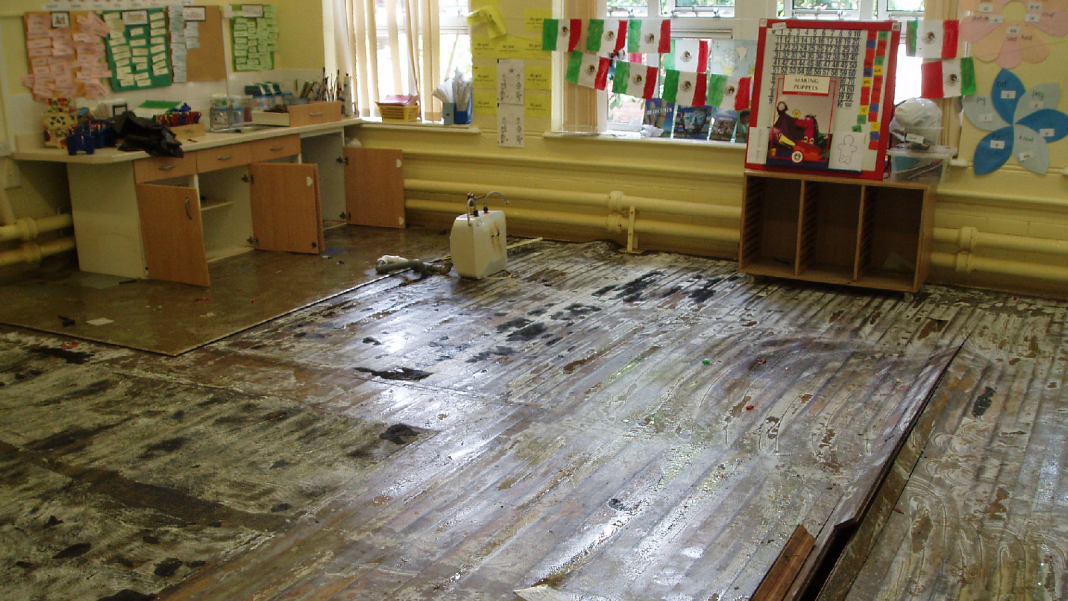In 2022, extreme rain caused massive floods across Pakistan, killing more than 1,700 people and displacing millions more.
Many school buildings were damaged or destroyed, keeping children out of class for months.
As the climate warms, extreme weather is becoming more common – and experts worry that these disasters could have a big impact on education.
Marin: “Globally, we estimated that between January 2022 and June 2024, so two-and-a-half years, extreme weather events disrupted the education of over 400 million students.”
Sergio Venegas Marin of the World Bank studies climate and education.
He says even when schools stay open, the shock of a disaster can upend students’ lives.
Marin: “Something very traumatic has impacted them.”
So some students may remain out of school while their families rebuild. Others may struggle to learn while still reeling from the trauma.
Marin says these harms fall disproportionately on people in low-income countries, where schools may be less able to recover quickly.
Marin: “These impacts will be felt across generations as lower education attainment often limits social mobility. … So this presents a real threat to the progress we have made in recent decades on poverty reduction.”
Reporting credit: Ethan Freedman / ChavoBart Digital Media
Only 28% of U.S. residents regularly hear about climate change in the media, but 77% want to know more. Help us bring climate news to more people.


